Australia’s tobacco excise fuelling soaring sales of illegal cigarettes
Alcohol prohibition made the mafia in America rich in the 1920s. Opponents claim government tariffs pushing up the cost of cigarettes are doing the same for organised crime here.
NSW
Don't miss out on the headlines from NSW. Followed categories will be added to My News.
Whoever said the definition of insanity is doing the same thing over and over again and expecting a different result might have been talking about tobacco policy in Australia.
For more than a decade now successive governments have jacked up tobacco taxes to the point where — at more than $50 a packet — legal cigarettes in Australia are among the most expensive in the world.
The aim was to drive down smoking levels while raising billions in extra revenue. But the evidence is it hasn’t worked.
While legal cigarette sales are plummeting, as is the amount of money Treasury is collecting, criminals have moved in to replace them with black-market tobacco, which is openly for sale.
According to criminologist James Martin there’s “a sweet spot” where higher prices induce changes in behaviour “but that point was passed some time ago”.
“We’ve priced legal cigarettes out of the reach of low-income people,” he said.
“There’s more powerful laws than the laws of parliament and that’s the laws of supply and demand.”
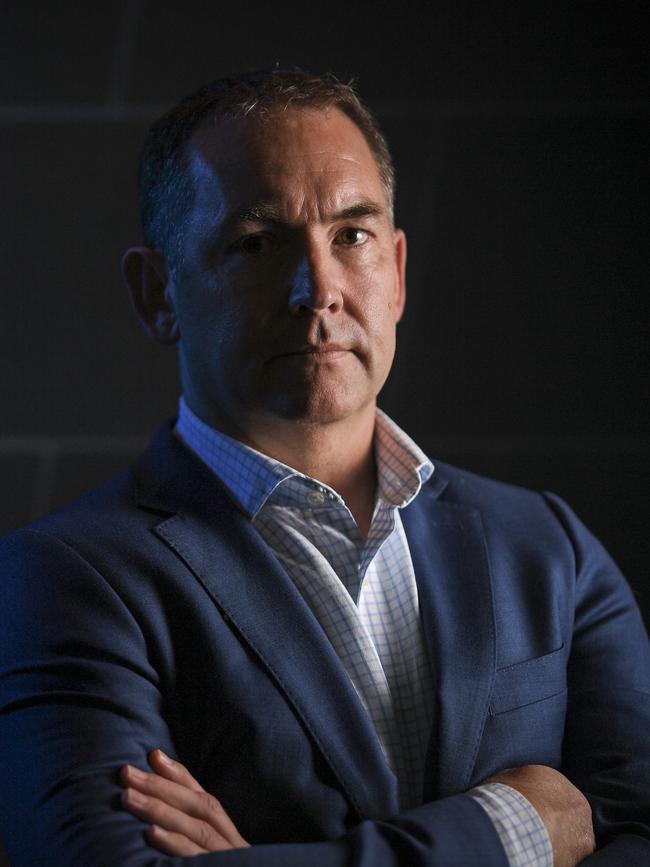
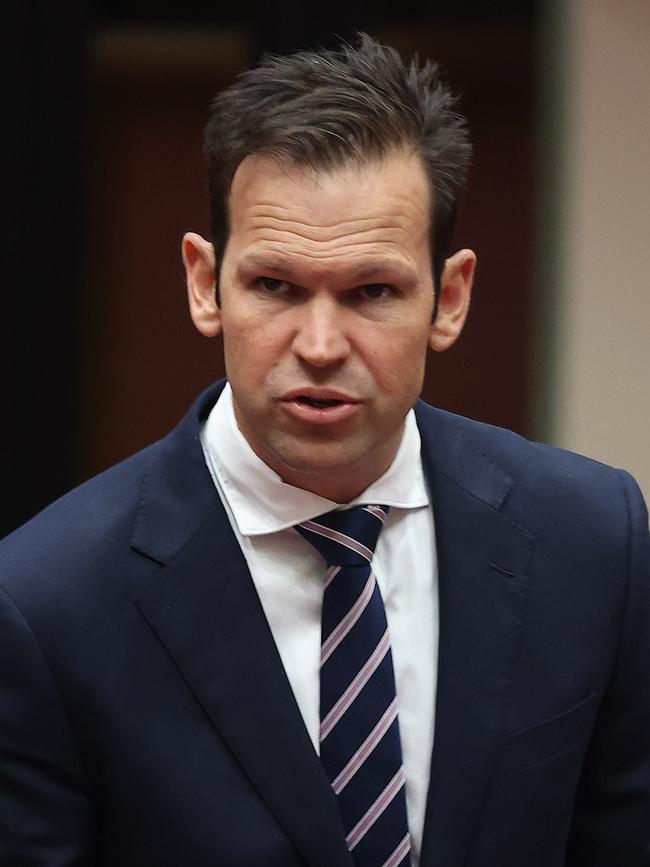
Coalition Senator Matt Canavan, who opposed his own government’s increase of the excise rate under Tony Abbott, agrees.
“It’s just a tax on the poor now because the only people who continue to smoke are lower income and Indigenous communities where rates are at 30 to 40 per cent, so I think it’s just inequitable if nothing else,” he said.
Australia’s experiment with prohibitively priced cigarettes increasingly resembles America’s “Noble Experiment” that saw alcohol banned in that country between 1920 and 1933.
“It’s prohibition by tax,” says Rohan Pike, the former Australian Border Force official who, almost a decade ago, was responsible for trying to stop the “tsunami” of black-market tobacco pouring into Australia.
Prohibition in America, he says, “was one of the origins of organised crime there and we have our own Al Capones who are running the illicit side, and they love the fact Australia’s tobacco policy is based on a ludicrous price of tobacco which is the highest in the world.”
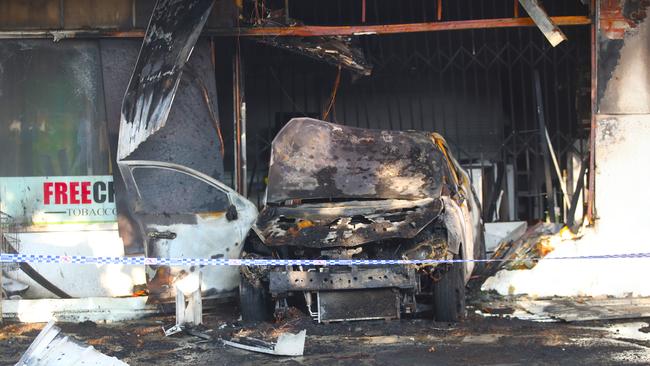
If Australia’s tobacco policy resembles Prohibition America, then Melbourne is its Chicago, with gangsters battling it out for control of the trade.
In the past year there have been so many arson attacks on tobacco shops in Victoria it is difficult to keep track. In early February it was estimated there had been 52 arson attacks linked to the state’s tobacco wars.
But recently the attacks have spread to restaurants and reception centres, with five venue fires in the past fortnight alone, including one last week in which the alleged perpetrators were filmed carrying assault rifles.
“You can’t disconnect this (tax policy) from the rise of crime that we’ve seen more generally because this has given an income stream to these gangs that’s fairly safe and easy and they can use that to start expanding their operations into harder drugs, harder crimes,” Canavan said.
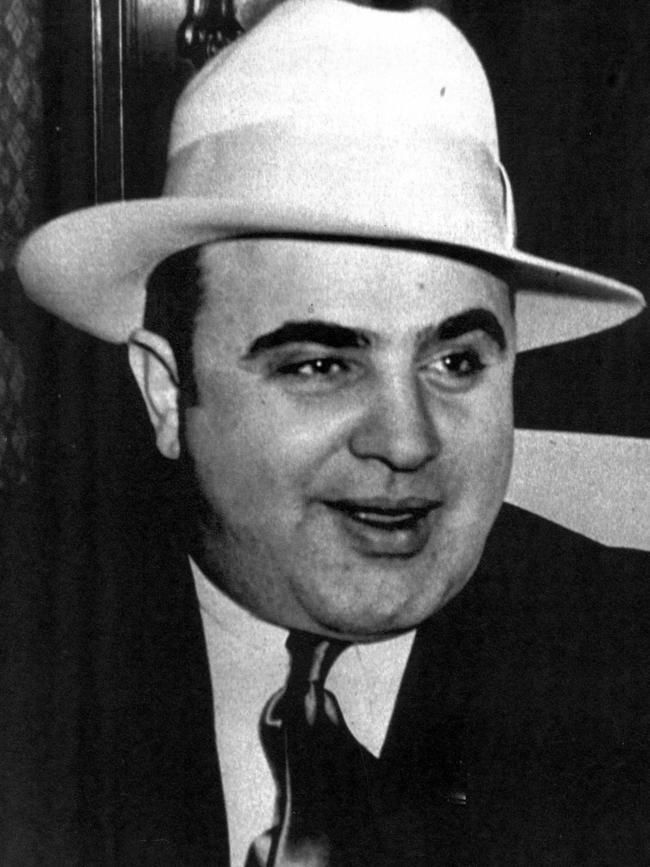
The evidence that Australia is losing its war on illicit tobacco is everywhere. Federal budget papers say tobacco taxes are expected to grow by around $2bn, or about 15 per cent, in the next three years.
But the actual spend on legal tobacco is falling. According to the ABS, in the December quarter of 2020 Australians spent $5.9bn on tobacco which by the end of last year had shrunk to $4.2bn.
The speed of the drop in spending is increasing. According to last week’s National Accounts, tax revenue from tobacco fell 6 per cent in the last three months of 2023, which, if sustained, will see revenue drop this year by almost a quarter.
Just how much of Australia’s tobacco consumption is black-market is, like other illicit drug sales, difficult to estimate. But a consultant’s report sponsored by the tobacco industry back in 2022 estimated it to be 23.5 per cent. It’s most certainly higher now and growing. You can see that from the way retailers are reporting big drops in cigarette sales.
In February Ampol’s latest annual report said that between July 2022 and June last year its tobacco sales had dropped 19 per cent.
Fred Harrison from Ritchie IGA says the supermarket chain’s falls have been even steeper.
“Sales have dropped in excess of $100m in the past two and a bit years – percentage wise we’re down about 38 per cent,” he said.
“I wouldn’t mind that if people were giving up — but they’re not.”
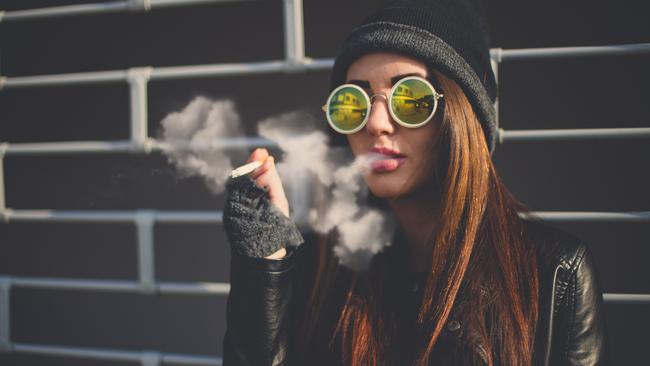
Actually people are giving up smoking. According to the Australian Institute of Health and Welfare survey the percentage of people who smoke daily has dropped from 11 per cent in 2019 to 8.3 per cent in 2023.
The problem is they’re not giving up at anything like the rate at which legal tobacco sales are falling.
And instead they’re switching to vapes. Samples collected in capital cities show the amount of nicotine has risen in the past couple of years.
Dr Martin warns the recent federal government crackdown on vapes is going to make a bad situation even worse.
“All the indicators we have at the moment are that the vape ban is going to lead to the replication of the disaster we have seen with cigarettes,” he said.
“It comes down to this economic question: If you have such strong demand for any good — especially when the supply chain is already there — it’s not feasible to eliminate a black market.”
The profits, he says, are just too high.
“If you can buy a wholesale vape from China for $3 and then you can retail that vape for $30, you can have eight of 10 shipments intercepted and you will still make a profit — a big profit — and they’re nowhere near stopping eight out of 10.”
Pike said his experience with the Tobacco Strike Force from almost a decade ago showed the chances of the government keeping vapes out of the hands of consumers were non-existent.
“The more we looked, the more we found,” he said. “It’s unfixable. The best we can do is suppress it. The problem is too large to be dealt with by an enforcement response.”
Senator Canavan is equally dismissive of the government’s prospects of success: “They’re going to try their hardest. They’ll have a few big seizures. They’ll put out a few media releases.”
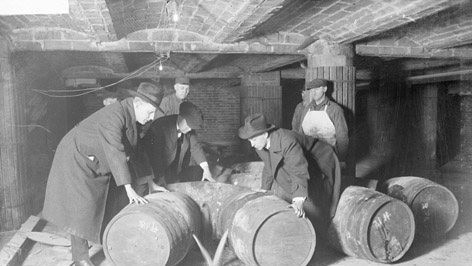
Australia should instead follow the New Zealand model where vapes sales are legal and regulated, as they are in the United Kingdom, which last week announced it would be introducing a vaping products duty.
“I moved amendments last year to effectively replicate the New Zealand model that allows vapes to be sold in the same way that cigarettes are sold,” Canavan said.
An upside of this approach would be an improvement in the quality of the vapes being consumed.
“What’s ending up in our schools at the moment is not the personal (legal) importation scheme, it’s the stuff from the retail outlets through the black-market supply chains, that’s coming from China, we don’t really know what’s in them,” he said.
Dr Martin said the practical impact of the latest vape changes are likely to be limited, given the recent AIHW survey found 87 per cent of vapers are already getting their product illegally.
“This stuff was already illegal a year ago. It’s not a question of will it fail, it has already failed,” he said.
“They’ve destroyed the legitimate vaping market and they’re doing the same thing in slow motion with cigarettes.”
Got a news tip? Email weekendtele@news.com.au



